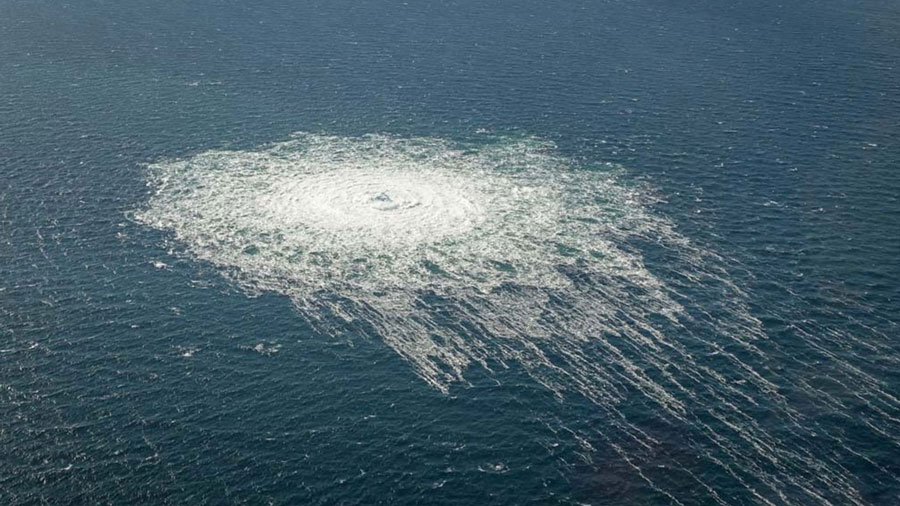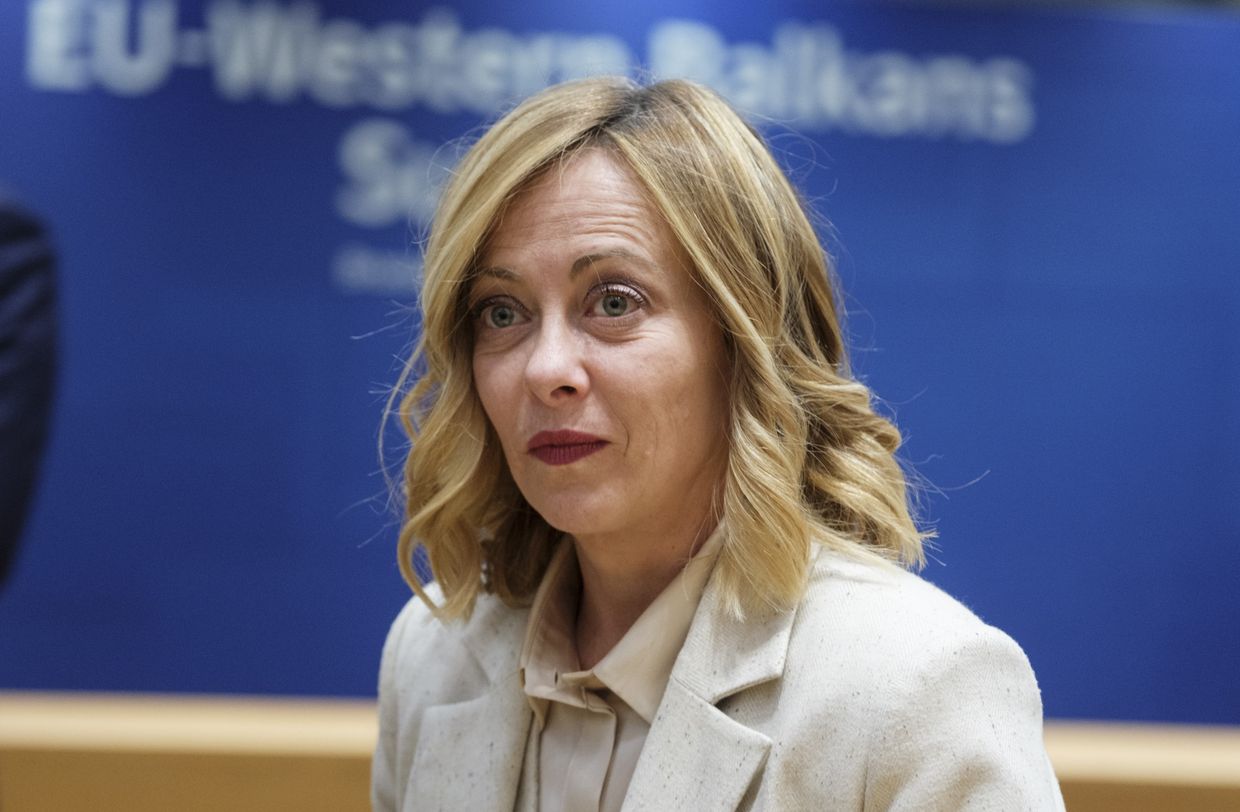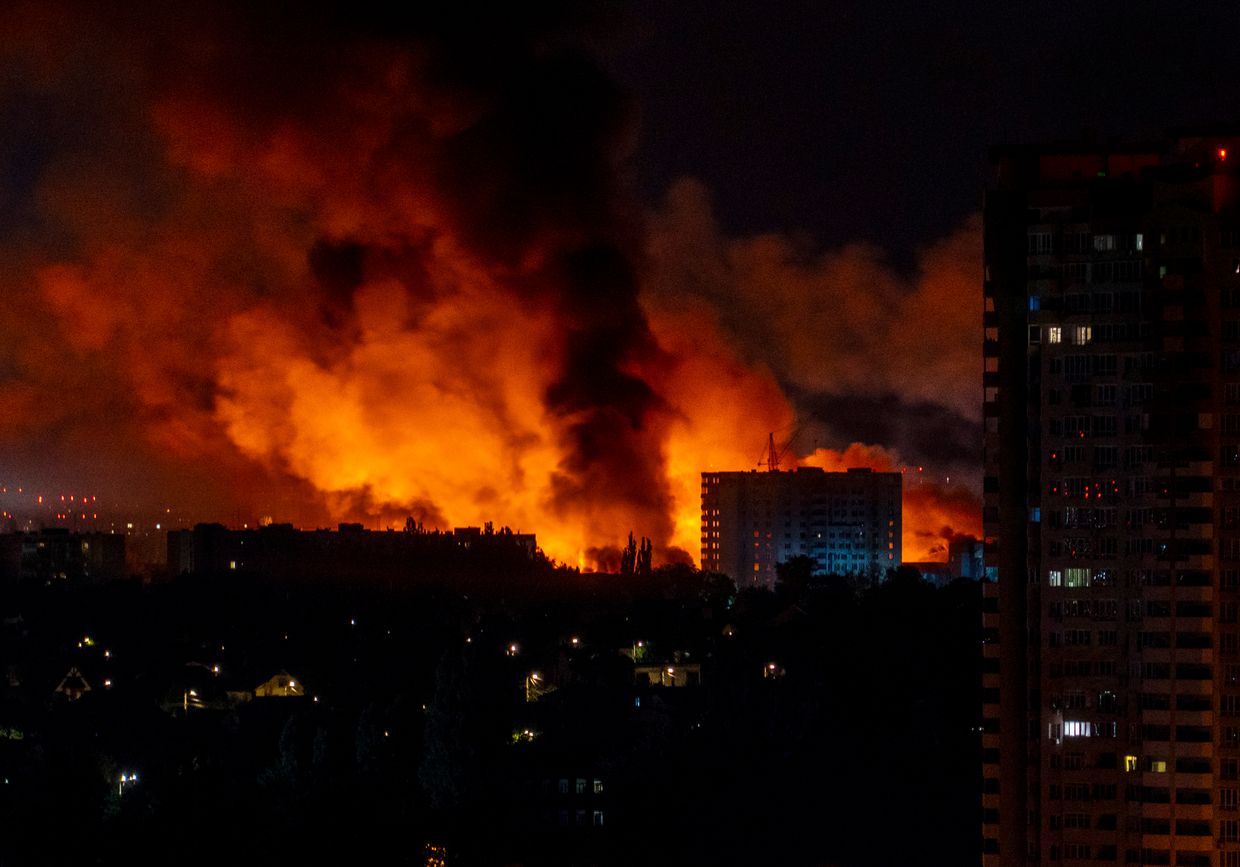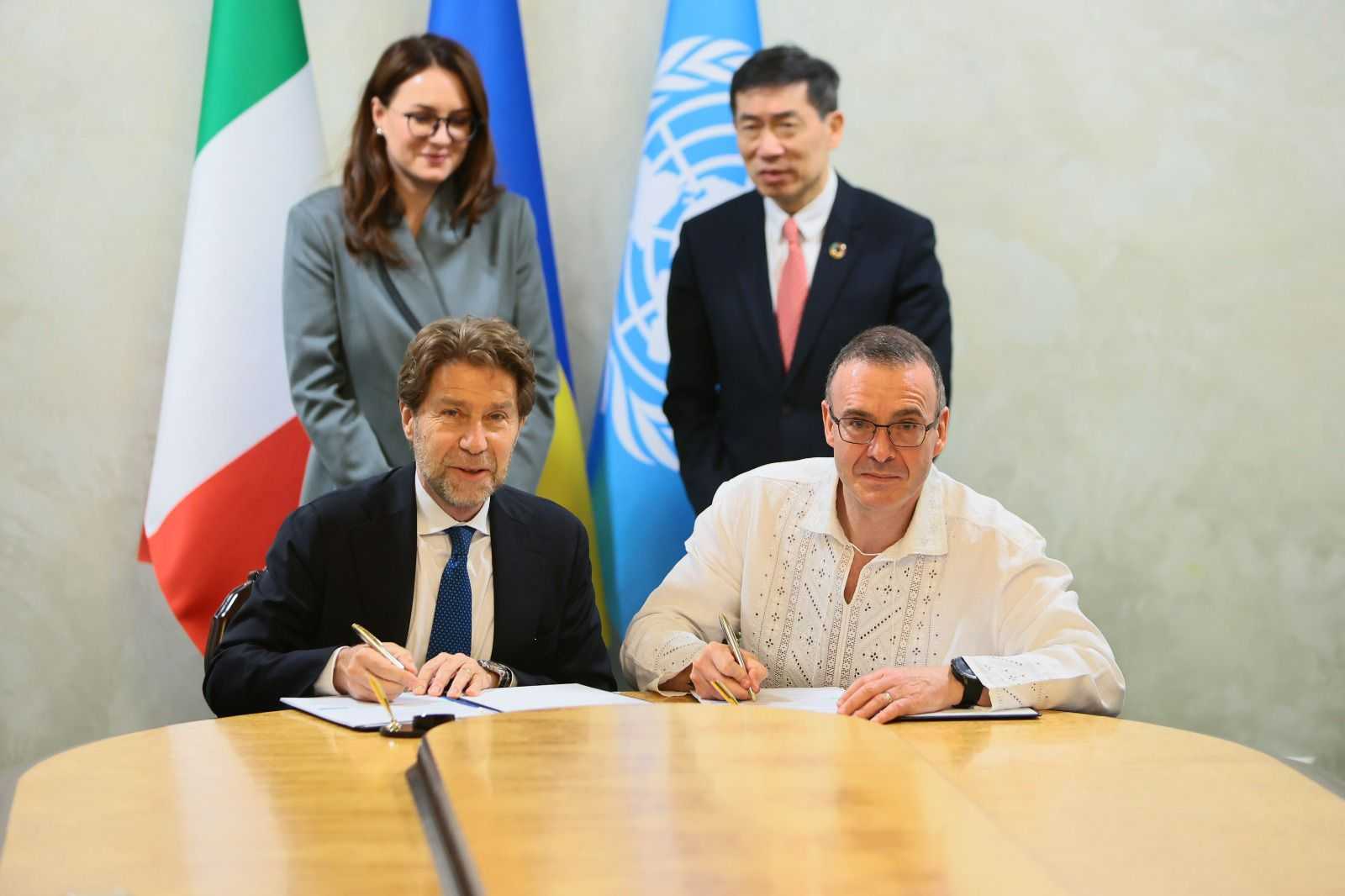Ukrainian suspected of undermining Nord Stream denies charges and refuses extradition

Ukrainian citizen Serhii Kuznetsov denied charges related to the 2022 Nord Stream pipeline explosions during a court hearing in Bologna on Friday and refused consent for extradition to Germany.
“He was in Ukraine at the time of the blasts,” according to Italian news agency ANSA, which reported that Kuznetsov made the statement while displaying a three-finger trident gesture representing Ukrainian national identity.
The 49-year-old suspect was arrested on the evening of 21 August at a farm holiday resort in San Clemente, near Rimini, on a European arrest warrant issued by German federal authorities. He faces charges including joint commission of an explosion using explosives, anti-constitutional sabotage, and destruction of buildings.
Italian police detained Kuznetsov while he was vacationing with his family. German investigators suspect he belonged to a group that destroyed the Nord Stream pipelines in September 2022 but was not among the divers who planted the explosives.
The Bologna court hearing was adjourned until early afternoon after Kuznetsov requested a Ukrainian or Russian interpreter. “The arrested man said he wasn’t fluent in English and requested a Ukrainian or Russian translator,” ANSA reported.
Deputy Prosecutor Licia Scagliarini granted German judicial authorities’ request for the suspect’s surrender, though Kuznetsov told the court he does not consent to being handed over to Germany.
According to German prosecutors, Kuznetsov served a coordinating function aboard the sailing yacht “Andromeda” during the operation. The yacht was allegedly rented through intermediaries from a German company using forged documents.
German media previously identified Kuznetsov as a former Security Service of Ukraine employee and retired captain in the Ukrainian Armed Forces. This marks the second arrest warrant in the case after Ukrainian citizen Volodymyr Z. managed to leave Poland for Ukraine before detention in July.
The Wall Street Journal previously reported that Ukrainian President Volodymyr Zelenskyy initially approved the pipeline operation but later ordered its cancellation after Dutch military intelligence informed the CIA, which then alerted Germany. According to WSJ sources, General Valeriy Zaluzhnyi ignored Zelenskyy’s order to halt the operation.
German investigators have been examining the explosions since 2022, initially suspecting Russian involvement before tracing evidence to Ukraine. Federal Police and Federal Prosecutor investigators eventually traced the sailing yacht and uncovered connections to Ukrainian operatives.
Security circles indicate uncertainty regarding when Kuznetsov will be extradited to Germany, with the validation of his arrest and pre-trial detention request under discussion in Bologna.
















